Enhance Health: Spice Up Your Diet
How to Use Herbs and Spices to Boost Micronutrient Levels
Incorporate herbs and spices into your diet to enhance flavor and improve health. These ingredients contain vitamins, minerals, and antioxidants that boost micronutrient levels. This blog post explores how to use herbs and spices effectively for better health.
Understanding Micronutrients
Micronutrients are vital substances your body needs in small amounts. They include vitamins and minerals essential for metabolism, immunity, and bone health. Common micronutrients are vitamin A, vitamin C, vitamin D, calcium, iron, and potassium.
Many people struggle to consume enough micronutrients, leading to deficiencies and health issues. Deficiencies can weaken immune systems, cause bone problems, and result in fatigue. Fortunately, adding herbs and spices to meals can fill these nutritional gaps while enhancing flavor.
Best Herbs and Spices for Micronutrient Boost
Several herbs and spices are rich in essential micronutrients. Consider these options:
1. Parsley
Parsley often serves as a garnish but offers impressive nutritional benefits. It contains high levels of vitamin K, essential for bone health and blood clotting. Additionally, parsley provides significant vitamin C and iron. Sprinkle fresh parsley on salads, soups, or sauces to enhance flavor and nutrients.
2. Turmeric
Turmeric is famous for its anti-inflammatory properties due to curcumin. This vibrant spice is rich in manganese and iron, promoting health. Use turmeric in curries, smoothies, or soothing teas. Add it to roasted vegetables or rice dishes for a warm, earthy flavor.
3. Basil
Basil enhances the taste of various dishes while providing nutritional benefits. It contains vitamin K, manganese, and iron, supporting bone health and metabolic processes. Add fresh basil to salads, pasta, pizza, or blend it into pesto. Its sweet, aromatic flavor elevates your meals.
4. Oregano
Oregano is rich in antioxidants and has antimicrobial properties. It contains vitamins A, C, and K, along with iron and manganese. Use oregano to season meats, vegetables, and salads, boosting flavor and nutrient intake.
5. Ginger
Ginger is well-known for its health benefits.
Conclusion
Incorporating herbs and spices into your meals can significantly enhance your micronutrient intake and improve overall health.
Below are related products based on this post:
FAQ
Why are micronutrients important for health?
Micronutrients are vital substances that your body needs in small amounts for various functions, including metabolism, immunity, and bone health. They help prevent deficiencies that can lead to health issues such as weakened immune systems, bone problems, and fatigue.
Which herbs and spices are best for boosting micronutrient levels?
Some of the best herbs and spices for boosting micronutrient levels include parsley, turmeric, basil, oregano, and ginger. These ingredients are rich in essential vitamins and minerals, contributing to overall health while enhancing the flavor of meals.
How can I incorporate herbs and spices into my diet?
You can easily incorporate herbs and spices into your diet by adding them to salads, soups, sauces, curries, smoothies, and roasted dishes. Experiment with different combinations to enhance both the flavor and nutritional value of your meals.
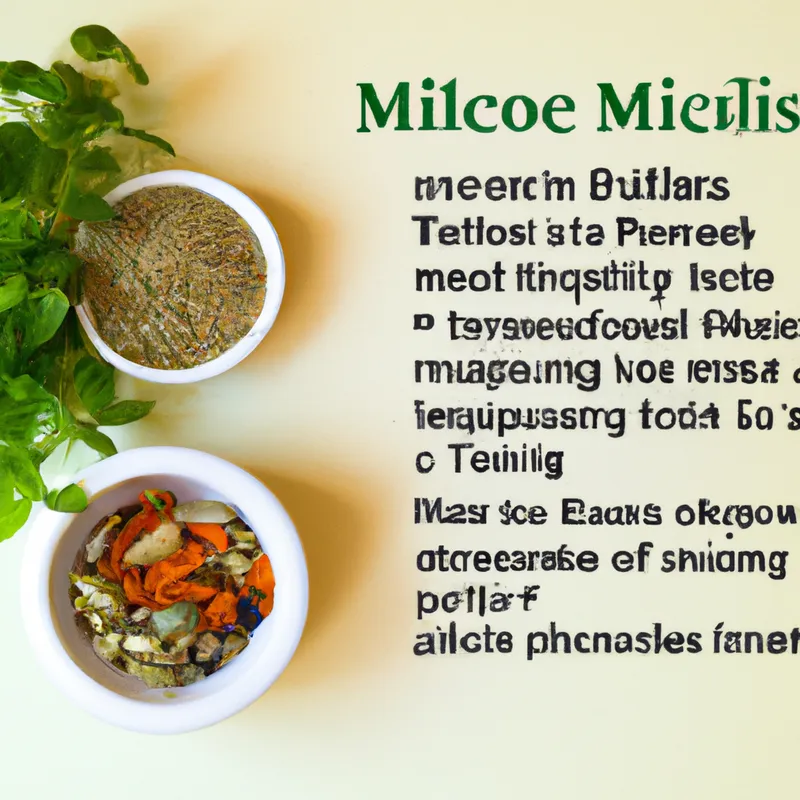

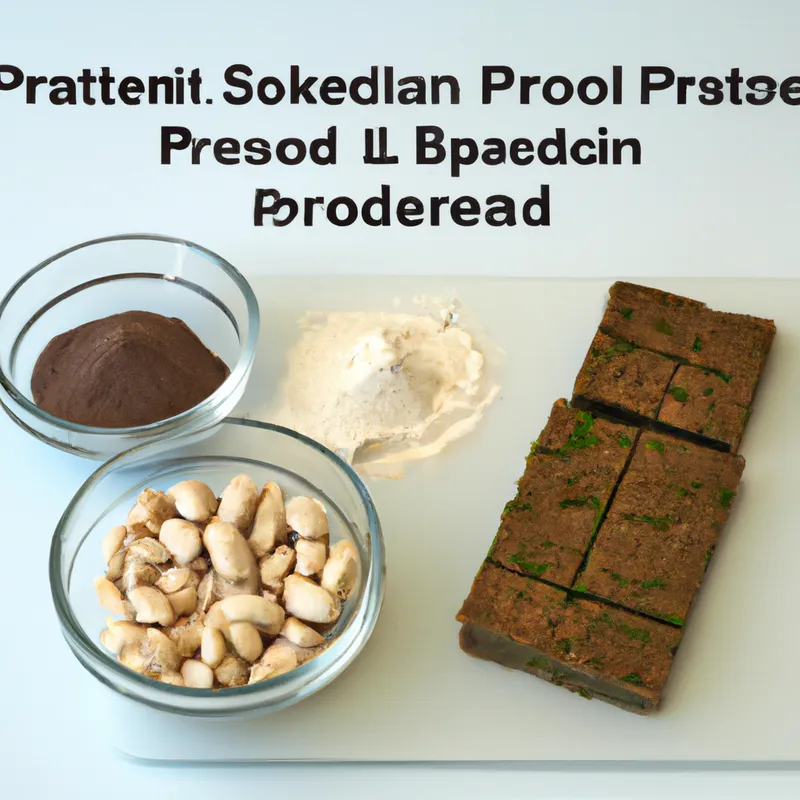
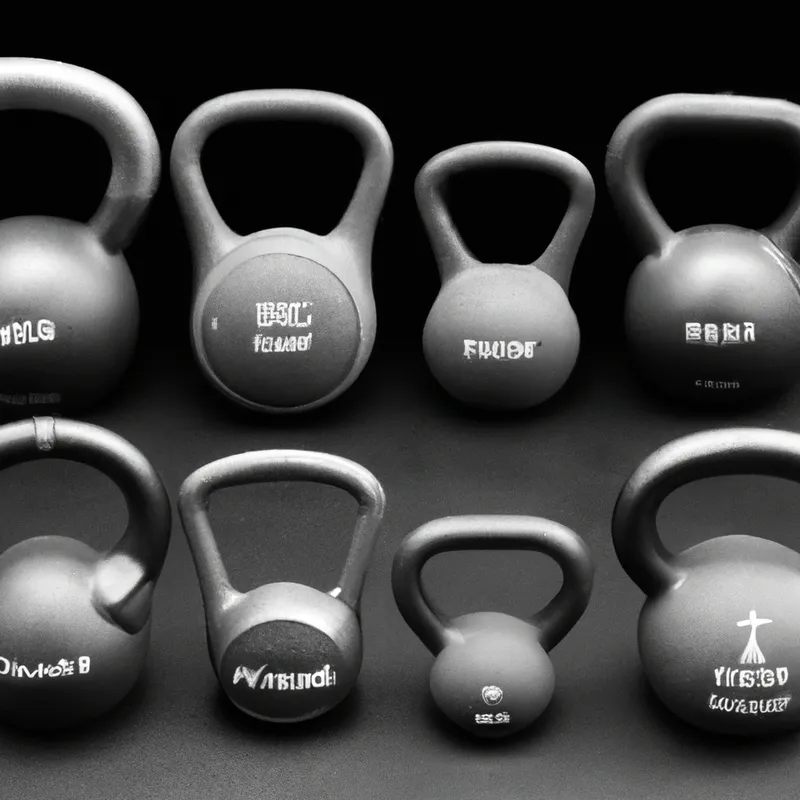

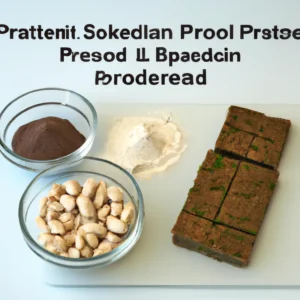
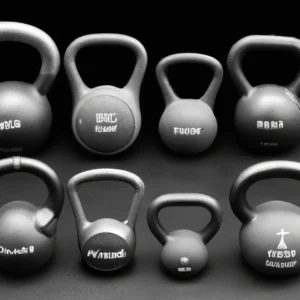


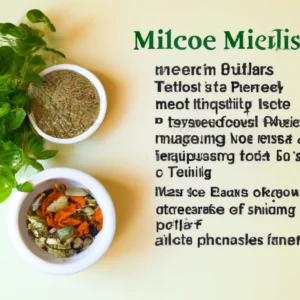





Post Comment